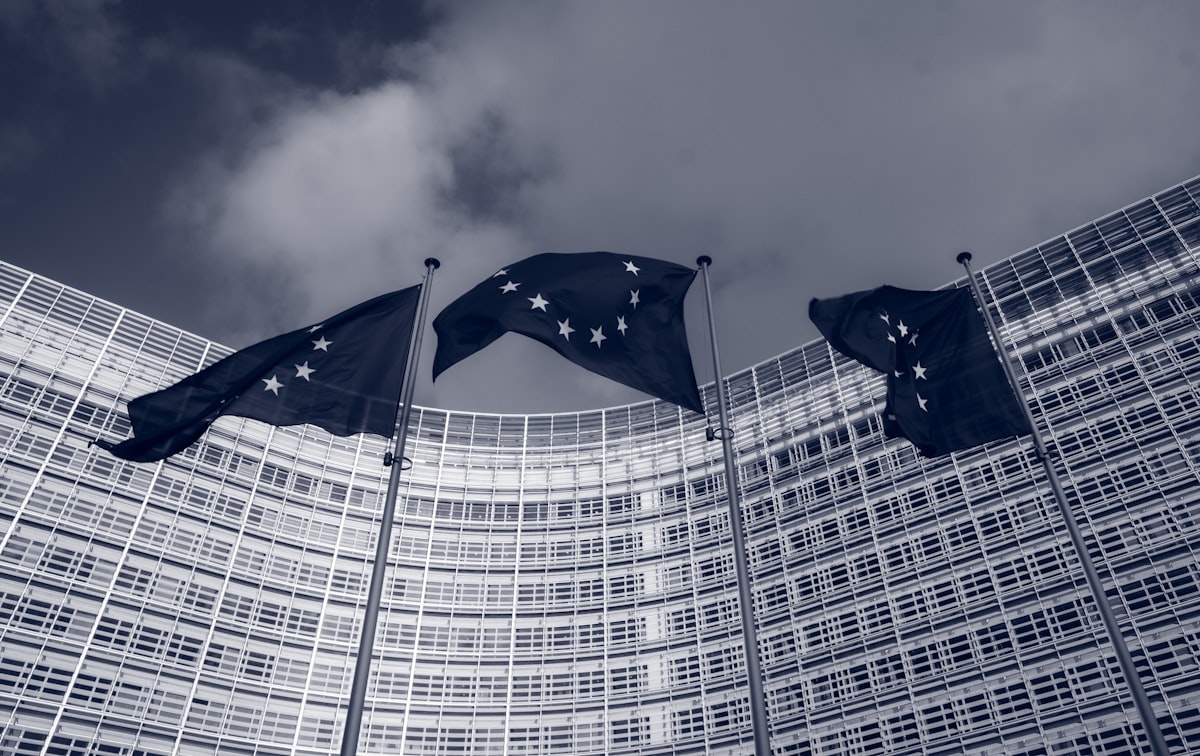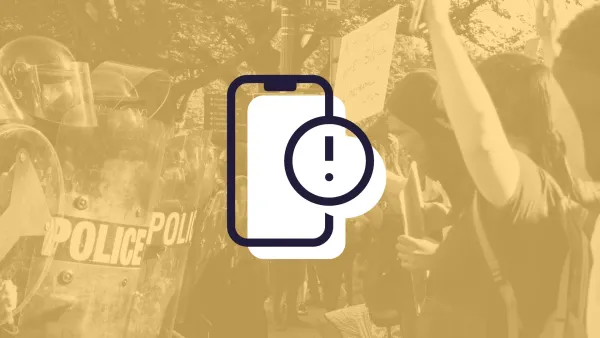Apple is Incredibly Salty About the Digital Markets Act

Apple's press release yesterday reads with the professionally and poise of a teenager throwing a tantrum, it's amazing really.

Some choice quotes, emphasis mine:
Across every change, Apple is introducing new safeguards that reduce — but don’t eliminate — new risks the DMA poses to EU users.
Apple will share new resources to help EU users understand the changes they can expect. That includes guidance to help EU users navigate complexities the DMA’s changes bring — including a less intuitive user experience — and best practices for approaching new risks associated with downloading apps and processing payments outside of the App Store.
Inevitably, the new options for developers’ EU apps create new risks to Apple users and their devices. Apple can’t eliminate those risks, but within the DMA’s constraints, the company will take steps to reduce them.
And possibly my favorite quote from this whole article:
EU users will be confronted with a list of default browsers before they have the opportunity to understand the options available to them. The screen also interrupts EU users’ experience the first time they open Safari intending to navigate to a webpage.
That's a hell of a way to say that EU users will be asked to choose their favorite browser!
With their announcements yesterday, Apple is indicating that they don't intend to comply with the Digital Markets Act after all, an unsurprising move to be sure. I have no doubt that Apple's legions of lawyers know that their new strategy is blatantly illegal, so they must be gearing up for years of court battles to delay the inevitable as long as they can instead. The DMA has many clauses which specify that gatekeepers must ensure alternative platforms have "free of charge" interoperability, which is certainly not the case here:
iOS apps distributed from the App Store and/or an alternative app marketplace will pay €0.50 for each first annual install per year over a 1 million threshold.
For an app like Instagram, that could be nearly $11,000,000 per month for the privilege of not using Apple's App Store.
And, if you still want to open an alternative marketplace anyways, you must...
Provide Apple a stand-by letter of credit from an A-rated (or equivalent by S&P, Fitch, or Moody’s) financial Institution of €1,000,000 to establish adequate financial means in order to guarantee support for your developers and users.
I think anyone who was hoping for iOS's F-Droid alternative are thoroughly disappointed today. Big Tech companies flouting the law is of course nothing new, but the EU should nip this in the bud before it gets out of hand.
The Illusion of Choice
All of this being said, the DMA does have legitimate issues which I don't think enough people are talking about either. Regulators, Apple, and tech commenters seem to be falsely equating the existence of alternative app stores with an open market. In reality, individual users will have no more real choices on iOS than they had before, even if the EU gets its way.
The road that Apple is heading down—one which is actually allowed by the DMA—looks something like this: Apps will be distributed on the App Store or via an alternative publisher. This isn't a real choice, you will just end up juggling multiple app stores.
If this problem isn't addressed, we're just replacing one walled garden with many walled gardens, and people will have to participate in each one to keep the same experience they had before.
We've seen this play out in the movie and television industry already, with the proliferation of streaming services created by distributors. I don't think any consumer on Earth would argue that the state of streaming platforms today is what an ideal marketplace should look like, and indeed digital piracy is on the rise again as a result.
The music industry provides an example of the alternative to this model, one which many customers enjoy today. Music streaming platforms offer true marketplaces that people can choose between, whether its Spotify, Apple Music, TIDAL, or one of many others which all largely share a similar catalog. There are some minor differences, sure, but consumers largely choose between these platforms based on features and pricing, not content availability. This model drives real competition, and offers a far more open ecosystem overall. Neither Apple nor developers like Epic Games seem too keen to adopt this option.
Maybe we will eventually find a middle ground where apps are published to Apple's App Store and alternatives, and consumers can choose between marketplaces, based on factors like pricing and features rather than exclusive content. That future doesn't seem likely to me at the moment.
Time will tell whether the EU will react to all of this, and how the digital apps marketplace situation will play out overall, but one thing is clear to me: Consumers—EU or otherwise—aren't really winning yet.
Further Listening
After publishing this post I joined Henry on Techlore Talks to discuss all these changes in more detail:
Techlore Talks Ep. 18



